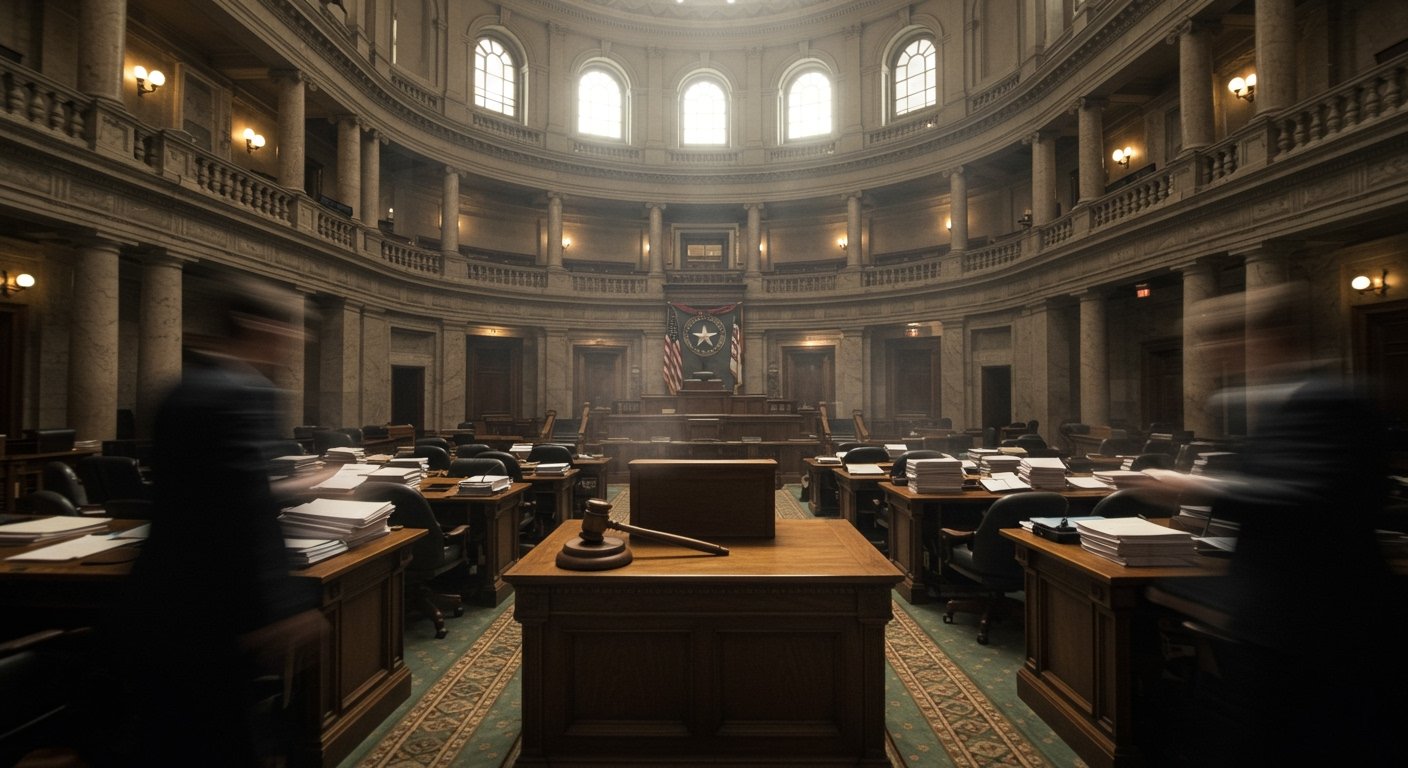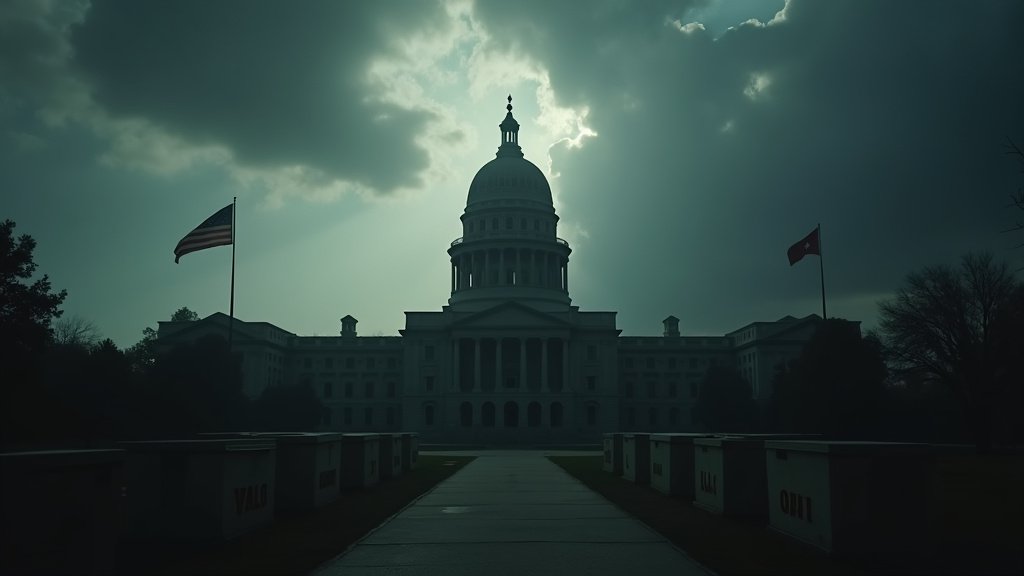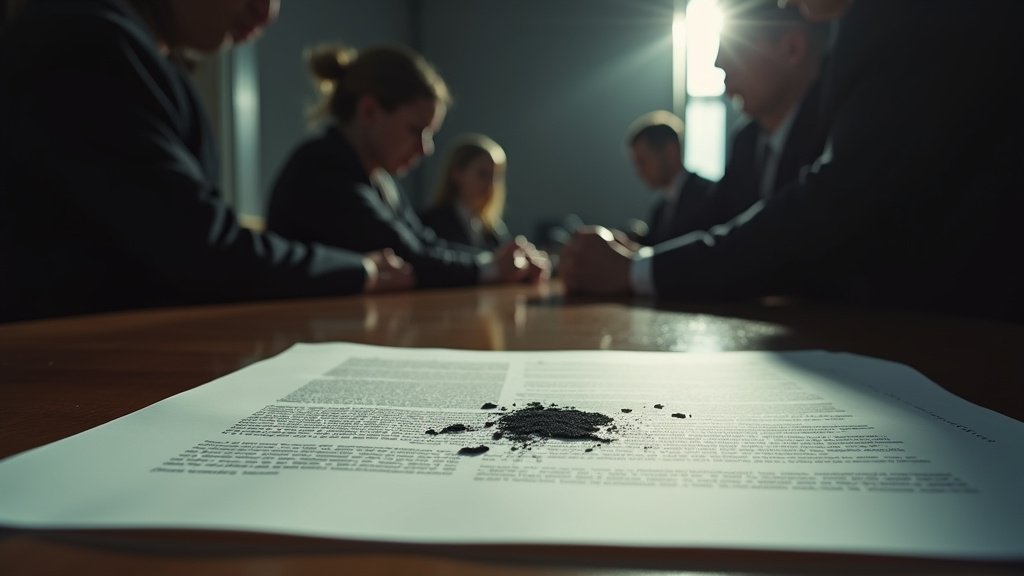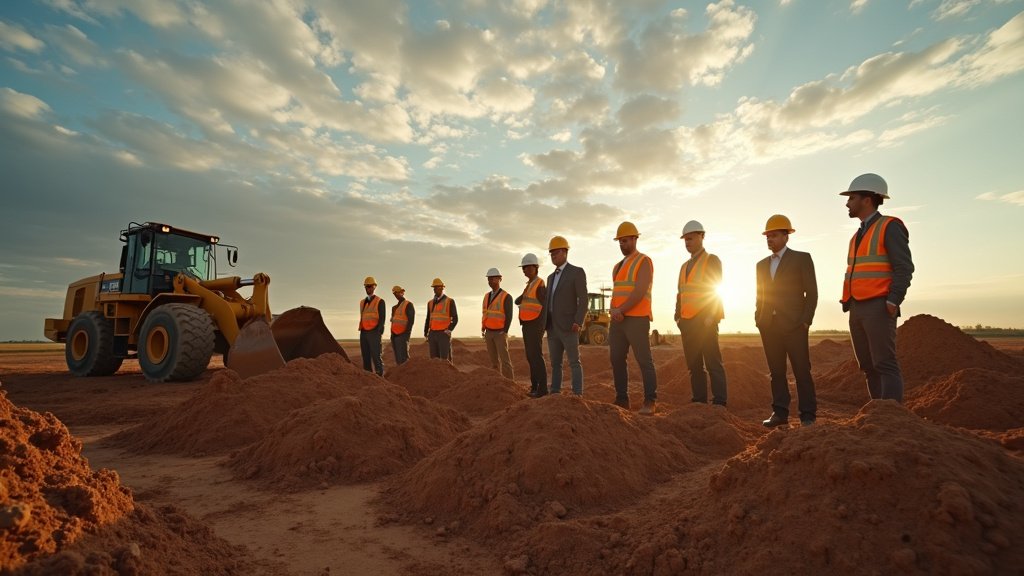AUSTIN, Texas – Texas Governor Greg Abbott has called the state legislature back to the Capitol for a special session, an order issued early Monday, June 23, 2025. The extraordinary session is set to commence on July 21, 2025, and is mandated to last no more than 30 days. The initial focus of the session will center on revisiting six bills that Governor Abbott vetoed late Sunday, June 22, 2025.
The call for a special session follows a period of intense legislative activity and underscores the Governor’s intent to compel lawmakers to reconsider specific measures he deemed unacceptable in their initially passed forms. Governor Abbott exercised his veto power extensively on Sunday, rejecting a total of 25 bills passed by both the Texas House of Representatives and the Texas Senate during the regular legislative session.
The Vetoed Agenda Takes Center Stage
The Governor’s proclamation for the special session initially lists six specific pieces of legislation for reconsideration. While the full list of six was not immediately publicized in detail, key bills on the call agenda include measures addressing controversial social issues, property rights, and critical infrastructure funding.
Prominent among the bills to be reconsidered is Senate Bill 3 (SB 3). This legislation sparked considerable debate during the regular session as it proposed a comprehensive ban on the sale of hemp products containing any level of Delta-9 tetrahydrocannabinol (THC) in Texas. The proposed ban aimed to curb the proliferation of products containing intoxicating cannabinoids derived from hemp, a sector that has grown significantly in recent years following federal and state legalization of hemp cultivation. Proponents argued the ban was necessary to protect public health and safety, while opponents countered that it would devastate a burgeoning industry and limit consumer access to non-intoxicating CBD products often sold alongside those with low THC levels.
Also included on the initial call list is Senate Bill 648 (SB 648). This bill relates to recording requirements for certain instruments concerning real property. Such legislation typically aims to update or clarify legal procedures for documenting property ownership, liens, and other interests, ensuring accuracy and transparency in real estate transactions and county records. Issues with vetoed property-related bills can often arise from technical drafting errors, unintended consequences, or disagreements over compliance burdens.
A third significant bill specifically named on the initial agenda is Senate Bill 1253 (SB 1253). This measure concerns impact and production fees for certain water projects. Legislation surrounding water resources and infrastructure funding is critical for managing Texas’s growing population and agricultural needs. Disagreements over fees, funding mechanisms, and project prioritization can often lead to legislative impasses or gubernatorial vetoes if not aligned with executive priorities or fiscal concerns.
While the other three bills on the initial six-bill call list were not immediately detailed, they are drawn from the total of 25 bills vetoed by the Governor on Sunday, indicating the Governor’s priority areas for legislative action during the limited 30-day timeframe.
Political Dynamics of a Special Session
Calling a special legislative session is a powerful executive tool available to the Texas Governor. Unlike regular sessions, which occur every two years and cover a broad range of topics, special sessions are limited to specific subjects designated by the Governor. Lawmakers can only consider legislation within the scope of the Governor’s proclamation.
Governor Abbott’s decision to call a special session immediately after his vetoes signals a firm stance on the necessity of revisiting these specific issues. It places pressure on legislators to find a compromise that addresses the Governor’s concerns within a tight deadline. Special sessions can be politically charged, as they often arise from failure to pass key agenda items or direct opposition between the executive and legislative branches on specific policies.
The debate surrounding SB 3 is expected to be particularly contentious. The hemp and CBD industry in Texas has developed a strong economic footprint, and any legislative effort to significantly alter its legal status draws considerable lobbying and public interest. Finding a legislative solution that satisfies concerns about public safety and addresses the Governor’s objections, while potentially preserving aspects of the industry, will be a significant challenge for lawmakers.
Similarly, navigating the complexities of real property law (SB 648) and water infrastructure funding (SB 1253) requires careful legislative drafting and negotiation to avoid unintended consequences and ensure broad support.
The Path Ahead for Texas Lawmakers
The 30-day clock for the special session begins ticking on July 21, 2025. Lawmakers will need to reconvene quickly, organize committees, and begin the process of debating, amending, and voting on the specific bills outlined by the Governor. The limited timeframe means that legislative action must be focused and efficient. Failure to pass the designated legislation within the 30 days would mean the issues remain unresolved, potentially requiring the Governor to call further special sessions.
The session’s outcome will depend heavily on the ability of legislative leadership and the Governor’s office to negotiate changes to the vetoed bills that make them acceptable to both sides. It offers a second chance for lawmakers to craft legislation that can become law, but it also highlights areas where the legislature and the Governor were at odds during the regular session.
The citizens of Texas will be watching closely as their elected representatives return to Austin under special circumstances, tasked with tackling a focused agenda shaped by the Governor’s recent vetoes on issues ranging from controversial product bans to fundamental legal and infrastructural matters. The success or failure of this special session will set the stage for future legislative dynamics in the state.






